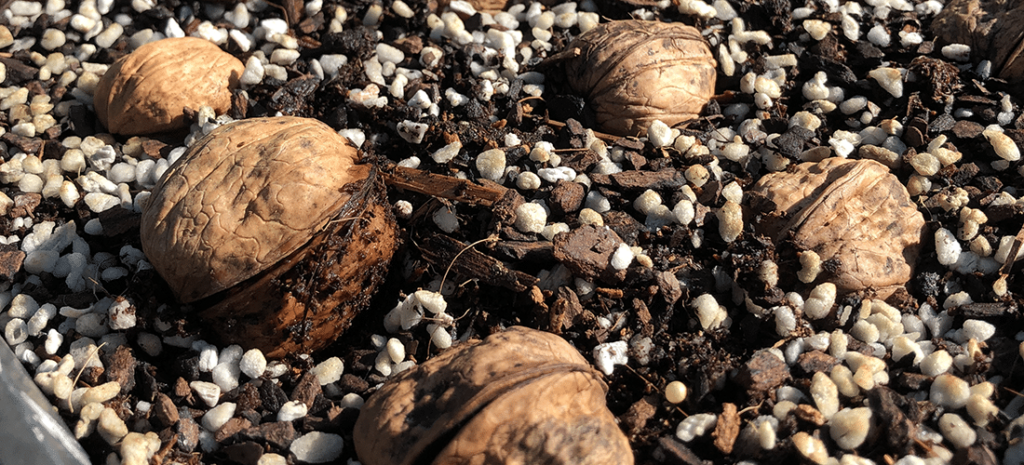Here in WA’s South West, June and July correspond to the local indigenous season of Makuru, sometimes referred to as ‘the season of fertility’. Despite technically being winter, there are many ways one can obtain a valuable agricultural yield here during Makuru. At the Witchcliffe Ecovillage nursery, we are developing our deciduous tree collection, propagating by both seed and cuttings. One of the many benefits of being on a team that contains so many botanophiles (plant geeks) is that there’s plenty of know-how on where to locally source the species we’re after.
So far, we have pursued, picked, plucked, pinched and potted (with more to come):
- Walnuts – Andean and Black
- Oak – English, White, Burr, Swamp White
- Mulberry
- Willow – White, Pussy, Weeping, Golden, Cricket Bat
- Poplar – White, Aspen
- Plane Tree
- Liquid Amber
- Maple
- Kurrajong
- Poinciana
- Chestnut
- Chinese Toon
It’s amazing what one can find in the neighbourhood. Growing in the courtyard of Yardbyrd, our local Witchcliffe café, is a robust specimen of the only Andean Walnut (Juglans neotropica) I’ve ever seen in Western Australia. It’s a true Walnut species that has adapted to the warmer climes of the South West and will make a wonderful addition to the Ecovillage collection.
These deciduous trees will perform multiple functions of windbreak, food source, animal feed, fire retardant and more. They will also look amazing whether they’re in their full, leafy green of summer or permitting extra solar gain while bare in the winter months. We envisage creating an arboretum that will loosely follow the trail network that loops through the Ecovillage commons land so everyone can enjoy them.

